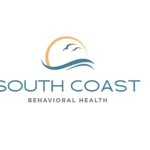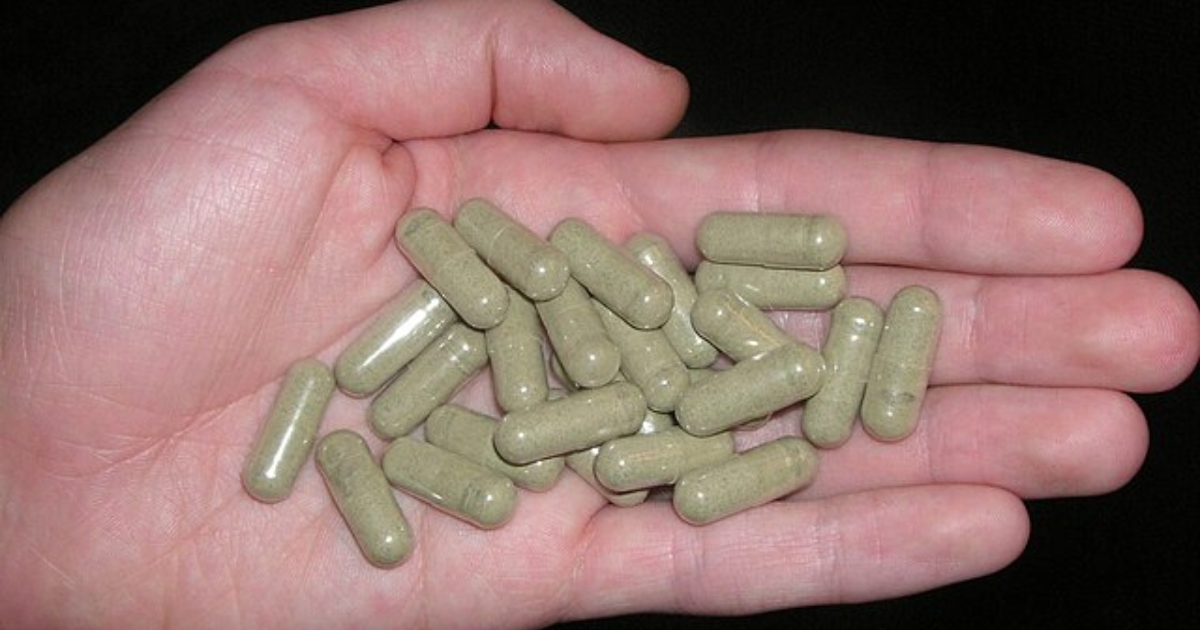When you are struggling with depression, sometimes just getting through the day is a challenge. There are days when you don’t even want to get out of bed and just making breakfast and getting dressed may feel like big achievements.
Don’t be too hard on yourself. If you are struggling with depression and substance abuse, know that it’s okay to ask for help and that there are things you can do to help you move forward, including mental health counseling and rehab.
In this article, we’ll talk about depression, how to recognize it, and major depression treatment.
What Is Depression?
Depression is often used in a colloquial sense to refer to feelings of depressed mood. This is sometimes referred to as “situational depression,” and the feelings it brings on generally pass in short order.
Clinical depression is altogether different. Unlike sadness and grief, clinical depression is deeper and longer and not necessarily situationally based (though it can be). People struggling with depression in the clinical sense tend to withdraw from others, behave in manners that are out of the norm from their typical personalities, and even lose interest in life itself.
According to the American Psychiatric Association, one in fifteen adults is struggling with a major depressive disorder in any given year, and on average affects young adults. The experience of depression varies from person to person. Not everyone will experience depression in the precise manner of someone else, and that’s to be expected. Depression is different than other mental health issues like bipolar disorder and many get them confused.
Signs of Someone Struggling With Depression
If you believe you or someone you love is struggling with depression, it’s important to understand the signs, symptoms, and risk factors of clinical depression to be able to recognize the extent of the mental disorder.
The American Psychiatric Association publishes the Diagnostic and Statistical Manual of Mental Disorders (DSM), which outlines symptoms of mental health issues such as clinical depression.
For a health care professional to diagnose clinical depression, a person must experience at least five of the following symptoms nearly every day, for a large part of the day over a period of two weeks or longer:
- Persistent sad mood
- Reduced or complete loss of pleasure or interest in activities
- Weight loss, weight gain, or change in appetite
- Changes in sleep such as insomnia or increased sleeping
- Restlessness or slow movement or speech
- Feeling tired and having no energy
- Feelings of worthlessness
- Difficulty making decisions, remembering things, or concentrating
- Suicidal thoughts or suicide attempts
At least one of the clinical depression symptoms must be a loss of interest or pleasure in activities or a depressed mood.
Other common signs of clinical depression include:
- Leaving the house less often than usual
- Reduced motivation at school or work
- Becoming withdrawn from family and friends
- Alcohol abuse
- Loss of confidence
- Experiencing aches and pains
- Feeling hopeless
- Physical problems like heart disease or chronic pain
- No longer taking pride in physical appearance
- Recurrent thoughts of death
If you think you or someone you know may attempt suicide, seek depression treatment immediately.
Link Between Depression and Substance Abuse
Up to a third of those struggling with depression also receive substance abuse treatment.
Research shows that people struggling with depression are more likely to abuse drugs and alcohol than those without depression. One study found that those with depression were twice as likely to develop substance abuse problems compared to those without depression. This could be due to people using substances to self-medicate their symptoms of depression, such as feelings of sadness, hopelessness, and low energy levels.
When mental health conditions like depression coincide with a substance use disorder, this is known as a dual diagnosis. Dual diagnosis treatment requires treating both depression and substance use disorder simultaneously. This is because alcohol and drugs can disrupt the chemical balance in the brain, causing or worsening symptoms of depression in the long run.
South Coast Behavioral Health offers dual diagnosis treatment across California for those struggling with depression and substance use issues.
Six Tips for Dealing With Depression
If you are struggling with depression, here are six ways to
1. Get Into A Routine
Trying to follow a basic routine every day (or even five days a week) can help give you structure and be the push you need to get going even when you aren’t feeling up to it. What makes you feel good and ready to get your day started in the morning? Start there. For example, have your clothes laid out the night before you go to bed. That way, you can jump right in the shower, get dressed, and then immediately make yourself breakfast with a nice cup of coffee or tea.
Design your routine the way you like it, so that getting up and beginning your day won’t feel like too much of a drag.
Also, consider exercise. Exercise can become part of your regular routine, helping provide structure to your day. More importantly, as you exercise, your body produces feel-good chemicals that can improve your mood. Much like sunlight and fresh air, exercise is good for you whether you are struggling with depression or not. But if you are, it’s especially vital.
2. Forgive Yourself
When you are struggling with depression, it’s common to have good days and bad days. Try as you might to prepare for life’s many challenges, there will be days when you feel overwhelmed.
Rather than be hard on yourself regarding your every setback, try to forgive yourself. Give yourself the time you need to begin feeling better, knowing that tomorrow is a new day to make a fresh start.
3. Have A Support System
A strong support system is an excellent way to complement any mental health treatment for your clinical depression. Friends and family can support you when you are struggling with depression, potentially helping to keep it under control so that future depressive episodes are less frequent, or at least less severe.
It’s important that your support system is understanding and knows at least a little bit about your mental health so they can know what to expect and how they can help. Let your friends and family members know that sometimes you may just need them to be around. Other times, you may ask them to help around the house or sit and listen when you need to talk.
If you don’t have family or friends nearby, also consider attending a support group in your area. Spending time alone can be a risk factor for depressive disorders and other mental health conditions.
4. Celebrate Wins (Big And Small)
Just as it’s important to forgive yourself when you need rest, it’s just as vital to celebrate small victories. From making your bed in the morning to working all week without calling in sick or leaving the job early, do your best to try to recognize that you can do things even while struggling with depression. You deserve to live a happy life – and that means celebrating every win, big or small.
Alternatively, if you only focus on the negatives, you could keep yourself in a depressed frame of mind longer. Rather than only focus on the negative, take notice and give yourself credit when you’ve been doing well for a while. Positive experiences are a terrific way to shift your attention away from what is making you unhappy and toward your success.
5. Talk to Someone
If you are struggling with depression, maintaining ties with friends and family is of paramount importance. Not only are they your support network, but they can also alert you when a depressive episode is approaching before you even notice it.
And, of course, speaking with others can is always a good idea when you are dealing with tough feelings.
6. Change Your Diet
This last one may surprise you. But research suggests that the bacteria in your gut may have an effect on your mood. Specifically, a study in mice found that when the feces from a depressed mouse were implanted into the intestines of a mouse without depression, that mouse would begin to feel depressed.
The key is to consume foods with lots of fiber: apples, potatoes, berries, whole grains, and leafy vegetables are great sources of this. Fiber helps produce a specific type of bacterial flora called butyrate, which evidence suggests can help keep depressive symptoms at bay.
In addition, there are a variety of herbal remedies and dietary supplements that may be able to help people struggling with depression. Some of the ones with the most scientific backing include Vitamin D and Saint John’s Wort.
Is There Professional Treatment for Depression?
Nobody should have to go through life with a major depressive disorder. The good news is there is a wide variety of treatment options available for those struggling with the mental condition.
One of the most popular is cognitive behavioral therapy. Cognitive behavioral therapy, or CBT for short, is designed to treat mental health issues like depression and anxiety by reframing our thoughts and providing a positive alternative to the stories we tell ourselves.
Antidepressants are used for fast depression to help treat symptoms while the therapy addresses root causes. This combined approach is considered the gold standard in treatment and is something we specialize in at South Coast.
In addition, we offer substance abuse treatment across Southern California, including:
- Medical Detox in Irvine and Huntington Beach
- Residential Treatment in Costa Mesa, Irvine, and Huntington Beach
- Partial Hospitalization in Newport Beach
- Intensive Outpatient Treatment in Newport Beach
If you’re struggling with depression and substance abuse, know that you don’t have to fight alone. South Coast Behavioral Health offers nationally accredited mental health counseling and substance abuse treatment in Southern California. If you or a loved one is struggling with mental health and substance use issues, call us today at 866-881-1184 or click here to contact us. Our highly qualified staff is ready to resolve any questions or doubts you may have and help you get back on your feet.
REFERENCE:
- What Is Depression? – Psychiatry.org
- Depression – Psychiatry.org
- Mood Disorders and Substance Use Disorder: A Complex Comorbidity – PMC
- Key Substance Use and Mental Health Indicators in the United States: Results from the 2017 National Survey on Drug Use and Health – SAMHSA
- Prevalence of comorbid substance use, anxiety and mood disorders in epidemiological surveys, 1990-2014: A systematic review and meta-analysis – PubMed
- Comorbidity between substance use disorders and psychiatric condition – PubMed
- Transferring the blues: Depression-associated gut microbiota induces neurobehavioural changes in the rat – PubMed
- Bacterial Butyrate in Parkinson’s Disease Is Linked to Epigenetic Changes and Depressive Symptoms – Movement Disorders – Wiley Online Library










